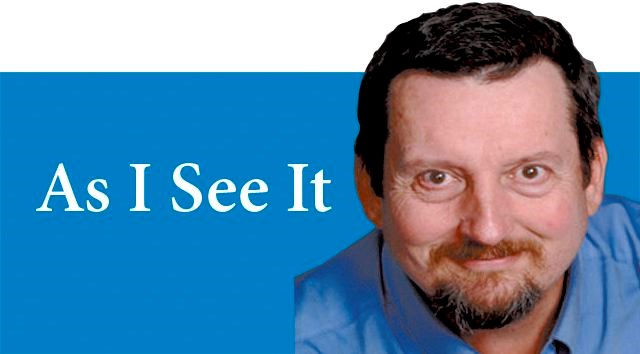It's the two year anniversary for Justin Trudeau and the Liberals and the mid-point for their term.
They rode to power in 2015 on a wave of "Trudeau-mania."
The young, charismatic leader appealed to Canadians while the personality politics of the Conservatives didn't.
Given a choice between Steven Harper and Justin Trudeau, the electorate spoke loud and clear.
The election was also a push back to more centrist values. Canadians are a broad spectrum politically stretching from the far left to the far right. However, it's a bell curve.
The vast majority occupy the centre and, in Canada, the centre is Liberal territory - fiscally conservative and socially progressive.
With a winning leader and a main stream platform, it is not surprising they were elected two years ago. What is perhaps surprising is how they are doing on their election promises. After two years, they seem to have kept more than they have broken.
For example, Trudeau promised a balanced cabinet and it certainly is, with as many men as women and significant representation from minorities. He delivered with perhaps the most diverse federal cabinet Canadians have ever seen.
Trudeau also promised to un-muzzle federal scientists and according to my colleagues, we have seen a significant shift back to open communications and publication along with increases in funding to support fundamental research programs.
Trudeau has appointed a science advisor to work with government, cabinet and the public.
In the first two years, the Liberals have backed us away from some military commitments while focusing our efforts more on training troops and engaging in humanitarian aid in war torn regions. We are subtly shifting back to our role as peacekeepers.
This is not without some controversy, but it is the role Canada has played on the world political stage for 60 years and we are very good at it.
We have also seen the re-instatement of the long form census. No one enjoys filling out the form but it is clear Canadians understand the utility and necessity of having good data. This past census had one of the highest return rates of all time. The results are starting to roll out and should help with future decisions.
The government has also invested in infrastructure, set up a national inquiry into missing and murdered indigenous women, increased support for a child tax benefit, and restructured portions of the tax code.
The latter is not a popular measure but are the first few steps in addressing the overall structure for taxes in the country. It is a shift back to a progressive tax system.
And, of course, the most impactful promise the Liberals kept is to legalize marijuana.
By next summer, the federal and provincial governments will have legislation in place to deal with the new legal industry.
No one is really sure what the final picture will look like but it is certainly going to change our behavior.
Of course, in the first two years, the Trudeau government has also broken some campaign promises, such as balanced budgets, a reduction in the debt-to-GDP ratio, and the restoration of home mail delivery.
Arguably, none of these were going to be possible and are the sort of rhetoric all parties espouse prior to an election. Were they serious promises? Likely yes but they were also beyond the power of government to fulfill.
There is one promise, though, which does stick out - electoral reform.
Prime Minister Trudeau promised 2015 would be the last time Canadians went to the polls under a "first past the post" system. He established a commission to look into other forms of representation. In the end, the whole idea got quashed.
Will this come back to bite him during the next election? Yes. I am sure the opposition will play endless commercials pointing out he doesn't keep his promises.
However, in this particular case, I would argue it is a promise no one really wants a government to keep. And this goes for our present NDP government in British Columbia as well.
A proportional representation system would guarantee minority governments in perpetuity. In the last five federal elections, no party would have received more than 134 seats - well short of the number needed to generate a majority government. With the exception of 2001, the same can be said at the provincial level in B.C.
One could argue this forces government into a coalition which means more views are expressed in Parliament or in the Legislature. However, it is also means governments will often engage in activities contrary to their best interest and the interest of voters in order to appease the minority partner. Just think of the consequences of having the Bloc Quebecois holding the balance of power in a coalition.
Electoral reform is one promise I am glad the government is not going to keep.



